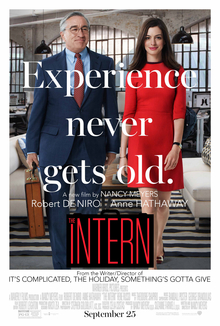These were my thoughts when I tore through the novel One Rainy Day in May by Mark Z. Danielewski. I had previously read his most popular novel, House of Leaves, and I needed more. I loved his style of writing so much I had to read more. I then read The Fifty Year Sword which was fantastic, but short. Once I picked up this book I knew I wasn't just getting myself into another novel to read, but in fact a whole new adventure through the pages. Naturally, finishing book 1 led me immediately to adopt a cat and then read book 2...
"Whoa. Ten times better than volume 1. I felt I better understood each of the characters and could see how they are slowly becoming connected. There was so much more to the plot in this one. I liked the first one, but I loved this one. Once again Xanther and her "little thing", her cat, is my favorite part of the story. Just seeing their "tail" progress kept me paging through the book. Read in a week and two days which is fast for me. The cliffhanger at the end definitely makes me want to jump into volume 3! Once again Danielewski doesn't disappoint. Highly recommend."
These were my thoughts for volume 2. It was incredible to begin to see how the characters were all connected. To see the relationship develop between 12 year Xanther, her new cat, and all the mysterious stuff that begins happening around them. Naturally it led me to anxiously await book 3 and thankfully I got into the series once it was already out. The cages of my mind were open and they were ready for more...
| "Whoa. Best one yet and I loved the first 2 volumes! It was so intense especially the ending! My heart was pounding as I flipped through the pages of the ending. So good and it's making me love cats and other animals even more. Greatly recommend." Each novel ends with a story about an animal to go along with the tale. Oria the owl, Marvin the Markhor, and Lexi the polar bear. These three animals end each chapter, if you will, accompanied by the unnamed cat partner to Xanther and the many creatures who escape their cages when Xanther is near. These novels are slowly opening up a mystery, but there are many more questions left. There is a focus on animals and humanity's relationship with them. |
This may seem like a scattered, bizarre review, however, much like the books which appear to the average person scattered and bizarre, there is a point: It is a fantastic, postmodern book series that I greatly recommend. "What's it about?" you ask, still confused based on my review: The best way to describe it so far, is its a 27 book series about a 12 year old girl who rescues a cat and develops an interesting bond with it. Still confused? Pick up a copy and start reading!








